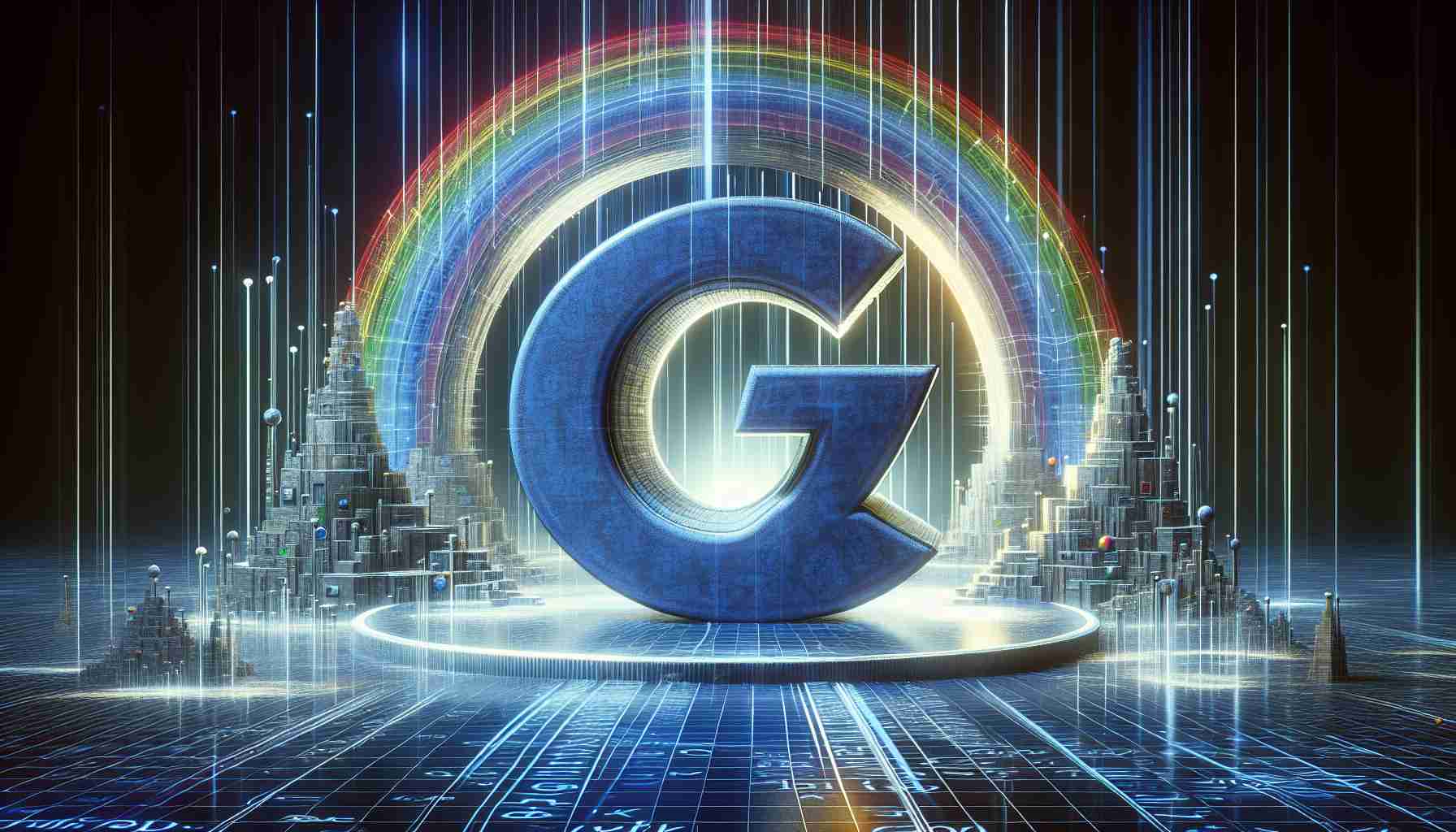Speculation over why Google didn’t fully capitalize on its groundbreaking algorithm for Generative AI and Large Language Models (LLMs) has sparked interest in the potential of newer search constructs to challenge Google’s dominance. The fear of reputational risk and cannibalization of its profitable search business model are some possible reasons why Google allowed startups like OpenAI to lead the way in leveraging this technology.
While Google has remained unassailable against competitors like Microsoft’s Bing, DuckDuckGo, and Neeva, a couple of GenAI-based startups are now threatening its search engine reign. Perplexity, built on GPT and a proprietary LLM, takes a different approach by providing succinct summaries with annotated sources rather than offering traditional search results. This startup also offers a Copilot feature for precise query clarification, making it a valuable tool for research purposes.
Another contender, Arc Search, created by The Browser Company, aims to integrate a browser, search engine, AI chatbot, and website into one app. This innovative approach allows Arc to curate relevant information around a query, leveraging OpenAI and other LLMs to improve its results.
While both Perplexity and Arc have their limitations, such as occasional hallucinations and an uncertain business model, they present exciting possibilities for the future of search. Critics argue that these new search engines may reduce traffic to publications, but Google should take note of the changing landscape. Its search engine has become less transparent and more optimized for advertisers, potentially affecting user experience. Competition from Perplexity and Arc could spur Google to refocus on consumers, bringing back the simplicity and clarity of its search capabilities.
In conclusion, newer search constructs like Perplexity and Arc may coexist with Google, offering users more choices and potentially pushing Google to innovate further. Whether these startups can truly upend Google’s dominance remains to be seen, but they are certainly blurring the boundaries between traditional search engines and thought engines, challenging established concepts in the industry.
The search engine industry has long been dominated by Google, with competitors like Microsoft’s Bing, DuckDuckGo, and Neeva struggling to gain significant market share. However, the emergence of GenAI-based startups like Perplexity and Arc Search is now posing a threat to Google’s reign in the search engine market.
Perplexity, built on GPT and a proprietary LLM, takes a unique approach by offering succinct summaries with annotated sources instead of traditional search results. This provides users with more specific and curated information. Perplexity also offers a Copilot feature for precise query clarification, making it a valuable tool for research purposes.
Arc Search, created by The Browser Company, takes a different approach by integrating a browser, search engine, AI chatbot, and website into one app. By leveraging OpenAI and other LLMs, Arc aims to curate relevant information around a query, providing users with a more comprehensive and personalized search experience.
While both Perplexity and Arc have their limitations, such as occasional hallucinations and an uncertain business model, they present exciting possibilities for the future of search. These new search engines challenge the established concepts in the industry and blur the boundaries between traditional search engines and thought engines.
Critics argue that the rise of these new search engines may reduce traffic to publications, as users may rely more on curated summaries and personalized results. However, the changing landscape of search engines should serve as a wake-up call for Google. Over the years, Google’s search engine has become less transparent and more focused on optimizing for advertisers, potentially affecting the user experience.
Competition from startups like Perplexity and Arc could spur Google to refocus on consumers, bringing back the simplicity and clarity of its search capabilities. It may even prompt Google to further innovate and improve its algorithm for Generative AI and LLMs.
In conclusion, the emergence of newer search constructs like Perplexity and Arc introduces more choices for users and challenges Google’s dominance in the search engine industry. While it remains to be seen whether these startups can truly upend Google’s position, they are undoubtedly pushing the boundaries and forcing the industry leader to adapt and innovate. Google should take note of these changing dynamics and strive to provide a better user experience to maintain its position in the market.
Related Links:
OpenAI
Perplexity
The Browser Company

